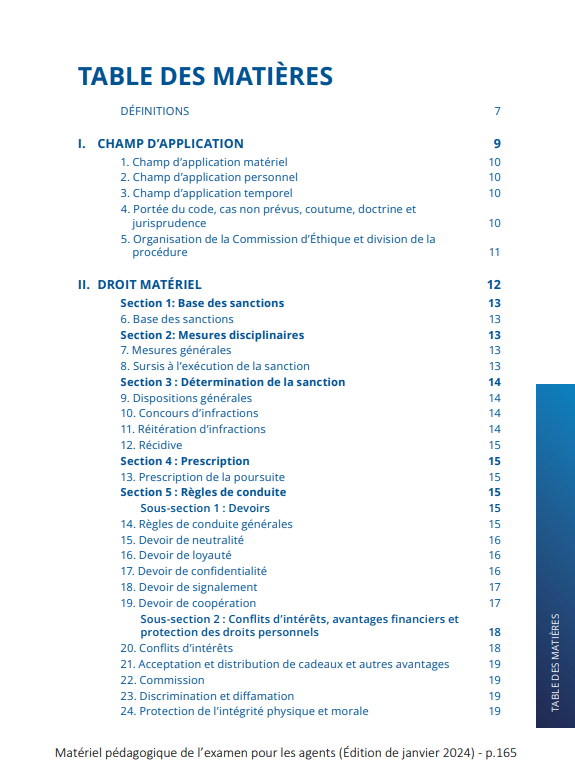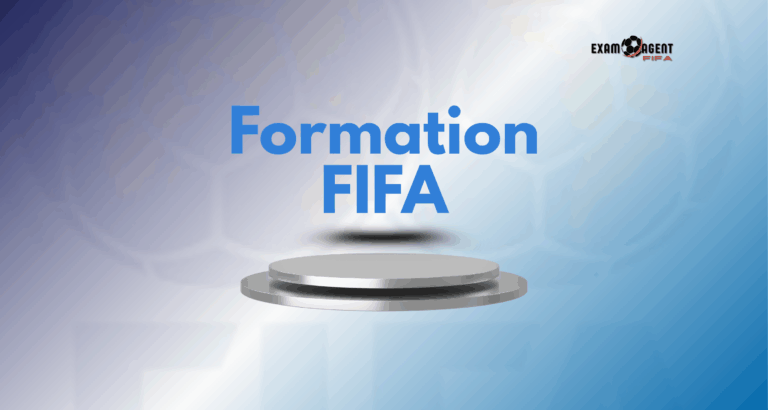As football continues to captivate billions of hearts worldwide, the integrity and ethics of the sport remain paramount. The FIFA Code of Ethics stands as a bulwark against behaviors contrary to football’s values. In this article, we will explore the various facets of this code and understand why its comprehension is essential for every stakeholder in global football.

FIFA Code of Ethics: Scope
Instead of allowing ambiguity, the FIFA Code of Ethics clearly defines its scope. It applies to any behavior that undermines the integrity and image of football, as well as its governing bodies. Whether officials, players, match agents, or agents, all are subject to this code, even retroactively from its inception. The maximum penalty for an offense committed before the code came into force will be as stipulated at the time of the incident.
Statute of Limitations
At the same time, it is crucial to understand the concept of prescription in the FIFA Code of Ethics. The statute of limitations varies depending on the nature of the offense, ranging from 5 years for general offenses to 10 years for serious acts such as corruption. A new investigation before the expiration of the initial period extends the statute of limitations by half, and in case of recurrence, the countdown restarts after the latest offense.
Jurisdiction of the Ethics Committee
Cependant, la compétence de la Commission d’Éthique est spécifique. Elle est habilitée à enquêter et à statuer sur les comportements des personnes soumises au Code, notamment si ces comportements sont liés à l’utilisation des fonds de la FIFA ou concernent les devoirs et responsabilités vis-à-vis de l’organisation. Si le comportement affecte indirectement la FIFA, la commission peut intervenir si aucune enquête ou jugement n’a eu lieu dans les associations membres ou confédérations concernées.
Disqualification of Members of the Ethics Committee
Ensuring the integrity of investigations is crucial; members of the Ethics Committee must recuse themselves in case of conflicts of interest or serious doubts about their impartiality. Grounds for recusal include a direct interest in the case, personal bias, the same nationality as the accused party, or prior involvement in the case outside of the Ethics Committee.
Investigation Procedure
Furthermore, the investigative procedure within the FIFA Code of Ethics is rigorous. Any person can file a complaint, but filing a complaint against an innocent person results in severe sanctions. The preliminary investigation can be initiated by the chairman of the investigatory chamber or the secretariat, and the commencement of proceedings is notified to the parties involved.

Adjudication Procedure
Given the crucial nature of the investigative procedure, the adjudication process is equally significant. The chairman of the Adjudicatory Chamber holds unique authority to rule alone on certain offenses. Hearings typically occur behind closed doors but may be open to the public upon a properly filed request by the defendant.
Conclusion: The Importance of Understanding the FIFA Code of Ethics
In conclusion, the FIFA Code of Ethics is an indispensable tool for upholding integrity and morality in the world of football. A thorough understanding of it is essential for all football stakeholders, whether they are players, officials, or agents. For more information or to receive training on this crucial code, please do not hesitate to contact us at 07.66.41.21.07. Learning and understanding the Code of Ethics is a step towards success in the world of football.






